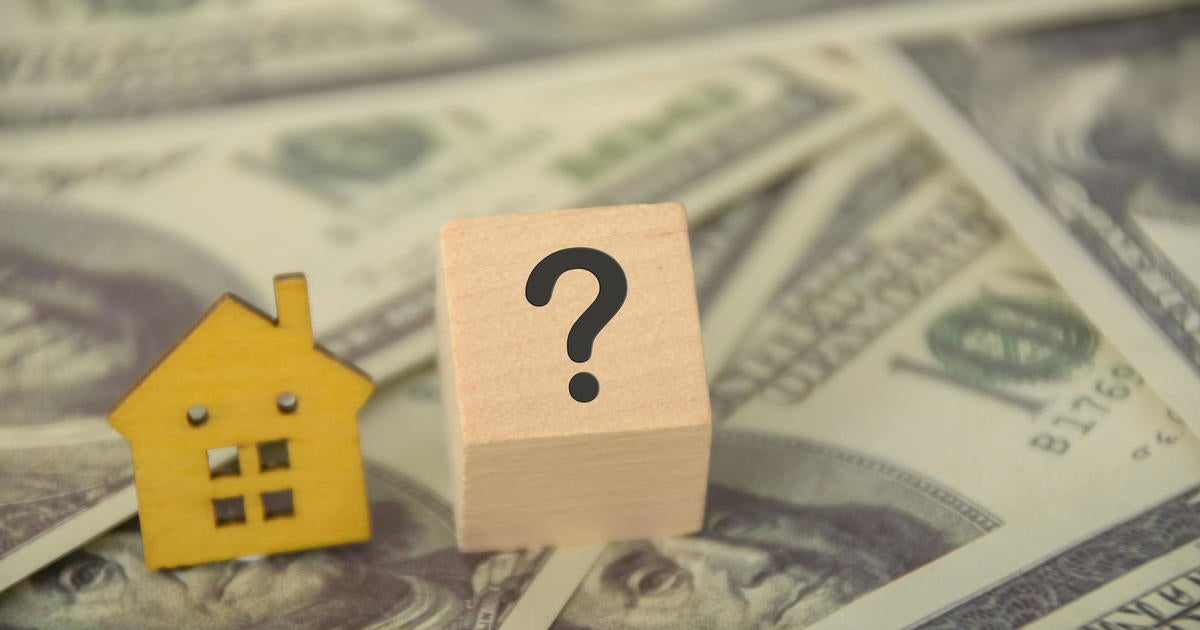Navigating Home Financing: $100,000 Loan or HELOC—What’s Your Best Bet for 2025?
As homeowners increasingly look to leverage their home equity, understanding the differences between a home equity loan and a Home Equity Line of Credit (HELOC) becomes essential. In 2025, the decision to choose between a $100,000 loan or a HELOC can significantly impact your financial landscape. This analysis will explore the advantages and potential pitfalls of each option, helping you make an informed decision that suits your financial goals and needs.
Understanding Home Equity Loans and HELOCs
Before diving into the specifics, let’s clarify what a home equity loan and a HELOC are. Both options allow homeowners to tap into their home’s equity, which is the difference between the home’s market value and the remaining mortgage balance.
- Home Equity Loan: Often referred to as a second mortgage, this option allows homeowners to borrow a lump sum against the equity in their home. The loan is typically fixed-rate, meaning the monthly payments remain consistent over the life of the loan.
- HELOC: A HELOC is more like a credit card secured by your home equity. It provides a line of credit that homeowners can draw from as needed during a specified draw period, usually 5 to 10 years. HELOCs often have variable interest rates, which can lead to fluctuating monthly payments.
Why Homeowners Are Considering a $100,000 Loan or HELOC in 2025
The housing market in 2025 is predicted to remain dynamic, with home values continuing to rise. As a result, many homeowners are looking to capitalize on their increased equity for various purposes such as home renovations, debt consolidation, education expenses, or even investing in additional properties.
Advantages of a Home Equity Loan
Choosing a home equity loan comes with several benefits:
- Fixed Interest Rates: One of the most significant advantages is the predictability of fixed interest rates. Homeowners can budget better since they know exactly what their monthly payments will be.
- Lump Sum Payment: A home equity loan provides a lump sum that can be used immediately, which is ideal for large expenses, such as major home renovations or consolidating high-interest debt.
- Potential Tax Benefits: Interest on home equity loans may be tax-deductible if used for home improvements, although it’s essential to consult a tax professional for specifics.
Potential Pitfalls of Home Equity Loans
However, there are some downsides to consider:
- Higher Monthly Payments: Since you’re paying off the loan in fixed installments, the monthly payments can be higher than a HELOC, which may affect your cash flow.
- Closing Costs: Home equity loans may come with significant closing costs, which can reduce the amount of money you receive.
- Risk of Foreclosure: As with any secured loan, there’s a risk of foreclosure if you default on the payments.
Advantages of a HELOC
On the other hand, HELOCs have their unique set of advantages:
- Flexibility: HELOCs allow homeowners to borrow only what they need when they need it, making them ideal for ongoing expenses such as home improvements or education costs.
- Lower Initial Payments: The initial payments can be lower, especially during the draw period, which can help with budget management.
- Interest-Only Payments: Many HELOCs offer interest-only payment options during the draw period, which can ease cash flow concerns.
Potential Pitfalls of HELOCs
However, HELOCs are not without their challenges:
- Variable Interest Rates: The potential for fluctuating interest rates can make budgeting more difficult, as payments could increase over time.
- Draw Period Limitations: After the draw period ends, homeowners must start repaying the principal, which can lead to significantly higher payments.
- Risk of Over-Borrowing: The flexibility of a HELOC can tempt homeowners to borrow more than they can afford to repay, leading to financial strain.
Factors to Consider When Choosing Between a $100,000 Loan or HELOC
Deciding between a home equity loan and a HELOC involves several important considerations:
- Your Financial Goals: Consider what you plan to use the funds for. If you need a large sum for a one-time expense, a home equity loan might be more suitable. For ongoing expenses, a HELOC could offer better flexibility.
- Interest Rates: Compare the current interest rates for both options. If you can secure a low fixed rate for a home equity loan, that might be advantageous compared to a variable rate HELOC.
- Your Financial Stability: Assess your ability to manage monthly payments. If your income is stable, a home equity loan could be a safe choice. If you expect fluctuations, a HELOC can provide flexibility.
Conclusion: Making the Right Choice for 2025
As we approach 2025, navigating home financing will be more critical than ever. The choice between a $100,000 home equity loan or a HELOC is not straightforward; it depends on your individual financial situation, goals, and comfort with risk. By weighing the advantages and potential pitfalls of each option, homeowners can make informed decisions that align with their financial strategies. Whether you opt for the predictability of a home equity loan or the flexibility of a HELOC, ensuring that your choice fits your long-term financial plan will be essential as you leverage your home equity effectively.
See more CNBC Network



